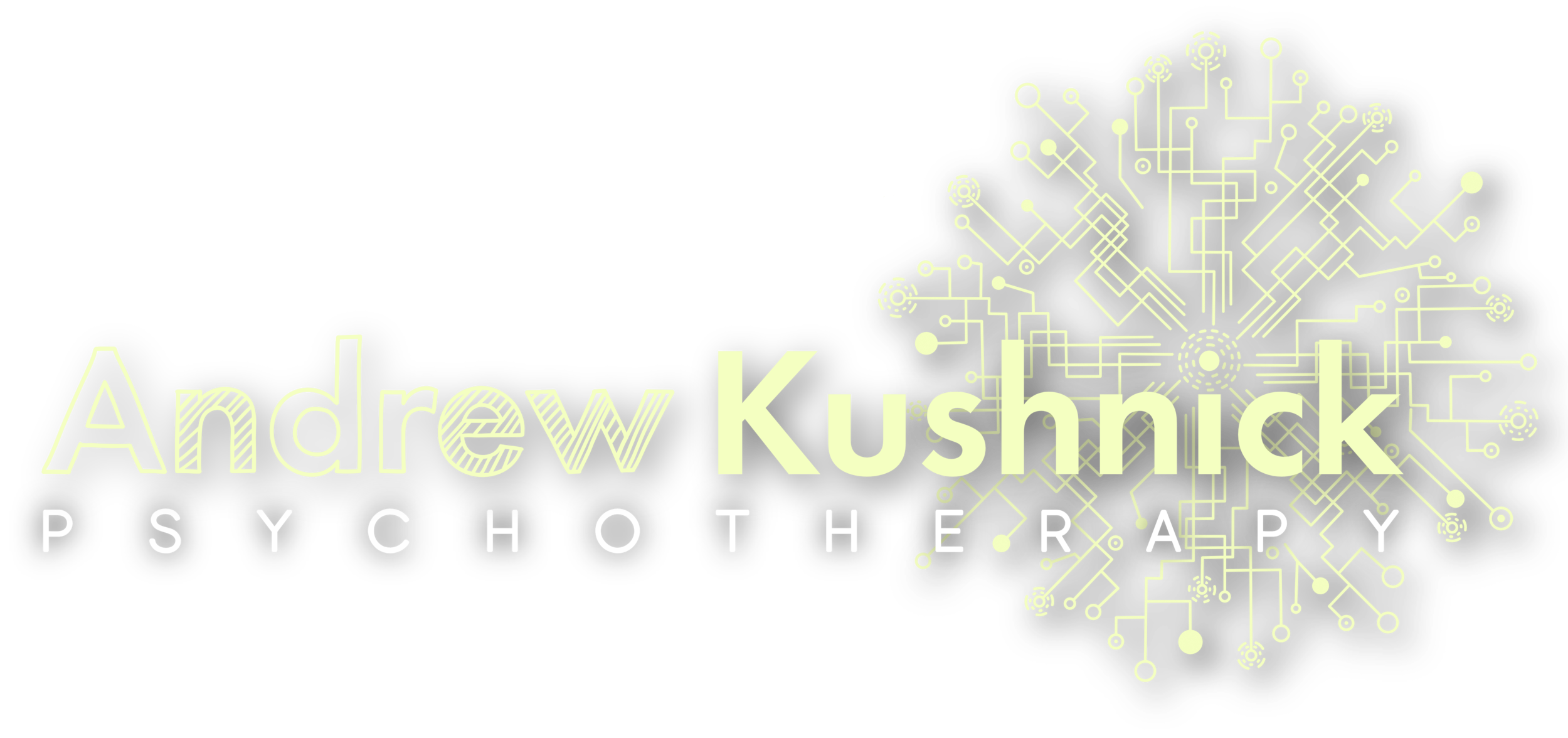Let’s break those frustrating patterns in your relationship.
Does it seem like arguments are happening more frequently? More intensely? Are there issues you’ve never been able to resolve? Patterns that play out the same way, whenever you try to discuss something serious?
In any relationship, it’s easy to get stuck in repetitive cycles of conflict, leading us to feel resentful and alone. We may wonder what’s kept us in this rut for so long.
A huge reason for this: Too many of us are caught up in our thoughts. Overly analytical. As someone who’s been there, I can relate. These traits may serve us well in many professions, but can pose a problem in a relationship. When we’re busy reasoning and analyzing during arguments, we’re out of touch with what’s really driving our behavior, our words, our decisions. One partner might resort to angry criticism, while the other shuts down or distances in response.
What leads you to experience things so differently? With apologies for the bad pun, “blame it on the brain.” Since infancy, we’ve all been wired differently as to how much interaction we seek, how much responsiveness we demand, how much space we prefer, what gets us to a calmer place, etc. We also have different needs, wants, desires, dreams, feelings, etc.
Stating those needs, wants, desires, dreams and feelings can be uncomfortable. But what’s the benefit of pushing through that discomfort? There are several. You get a sense of knowing yourself better, which leads to greater self-respect. A feeling of authenticity, meaning that you’re being true to yourself. And the ability to meet your partner’s needs, because now you truly understand them.
By understanding how you’re each wired, by actively self-defining in real time, and by accessing your natural compassion for each other, you can finally break the old patterns, taking care of each other in a new way, creating a more durable relationship.
I was trained in the Developmental Model of Couples Therapy, as well as the Psychobiological Approach to Couples Therapy (PACT). My approach to couples counseling is also informed by attachment theory, neuroscience, nonviolent communication, Emotionally-Focused Couples Therapy (EFT), and the Gottman Method Couples Therapy.
Productive
Communication

Some questions about couples counseling:
How does it work?
After learning how you both experience the relationship, relationship dynamics, and how you communicate, we’ll establish goals for couples therapy, and get started toward those goals. Along the way, we’ll regularly discuss our progress.
How long will this last?
You’re looking to change longstanding patterns. This doesn’t happen overnight. My goal is to give couples simple tools and skills to practice at home, making it more portable, so that you’re not in couples therapy forever.
Will you meet with each person individually, or only together?
While most couples therapy sessions will be with both of you, I’ve found it helpful to meet once with each partner, to identify individual factors influencing that couple’s unique experience.
Do you do premarital counseling?
Yes. I am trained and certified in administering the PREPARE-ENRICH premarital inventory. It’s the leading relationship inventory and assessment tool in the world, scientifically validated for over 35 years. The inventory results will tell us about relationship strengths, and areas for growth. Focusing on those areas, we’ll give you new tools for strengthening your relationship. During the course of premarital counseling, couples sometimes discover that the issues unique to their relationship would be better addressed by couples therapy.
Real Connection

Testimonials
“It’s been three months I’m working with Andrew and I couldn’t be happier with the results I’m seeing... I truly recommend Andrew’s work and commitment to his patients.”
“In working with Andrew, I’ve been impressed by his ability to apply novel techniques to his couples therapy work, undoubtedly the result of extensive training and experience, with warmth and humor.”
Some more questions:
I looked on Google, and there are so many couples therapists in San Francisco. How do I choose?
Yup! And there are so many good ones. I’d recommend going with a therapist who:
Is well trained in couples therapy. Why? Because this type of counseling is unique, requiring specialized skills.
Focuses on couples therapy. Why? A therapist who frequently works with couples may be more likely to attend trainings and workshops, to perfect their craft. About half of my practice is couples therapy.
I see you’re an MFT. What’s that?
An MFT is a Marriage and Family Therapist. We help clients improve their relationships.
Does it matter which type of couples therapy we use?
Several models of couples therapy are popular among San Francisco couples therapists. Examples are the Developmental Model of Couples Therapy, Emotionally-Focused Couples Therapy (EFT), Gottman Couples Therapy, and the Psychobiological Approach to Couples Therapy (PACT). I’m partial to the Developmental Model of Couples Therapy, because it honors differences in history, outlook, preferences, etc., and gives both partners the important communication skills they may not have learned from early caregivers.
Do you do sex therapy?
I help couples identify what’s getting in the way of sex and intimacy. It may center around communication dynamics or other relationship issues. If you’re looking to work on sexual functioning or sexual anxiety, sex therapy may help. I recommend Abby Volk Neuberg, a fantastic sex therapist in downtown San Francisco.
How will we know if couples therapy is working?
That depends on the couple’s goals. It may be to overcome an obstacle the couple faces. Or it might be to reduce the frequency of arguments, or heal old wounds within the relationship. Whatever your goals, together we’ll monitor how the therapy is progressing.
Should we go to a retreat or a workshop instead of couples therapy?
A couples retreat or workshop can help. The Wired For Love Couples Workshop is great, and occasionally comes to San Francisco. However, each couple’s dynamic is unique. In-person therapy is preferable for identifying that dynamic, and coaching you on meeting each other’s needs.
What’s the key to a successful relationship?
Tuning into each other and relieving distress. Couples therapy can show you how.
My partner is so clearly wrong. Will you please just take my side?
Nosireebob. A good couple’s counselor regards the relationship as the client. My goal is to equip you with tools to strengthen your relationship. A focus on scorekeeping won’t get you there.






